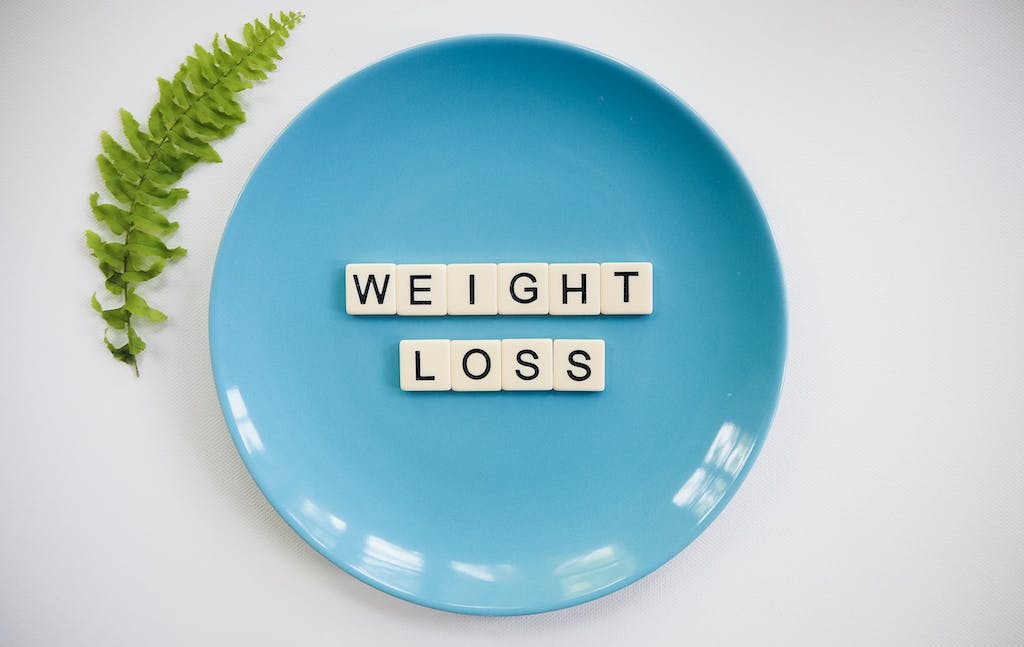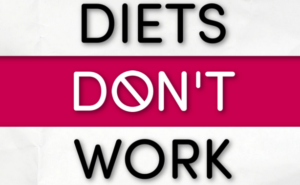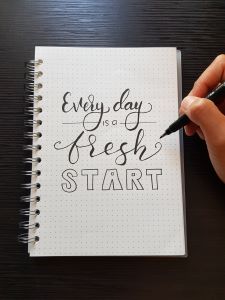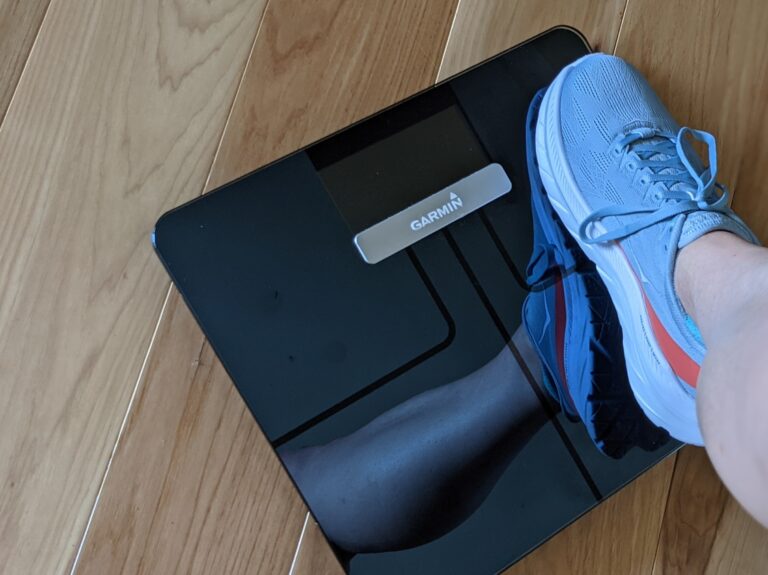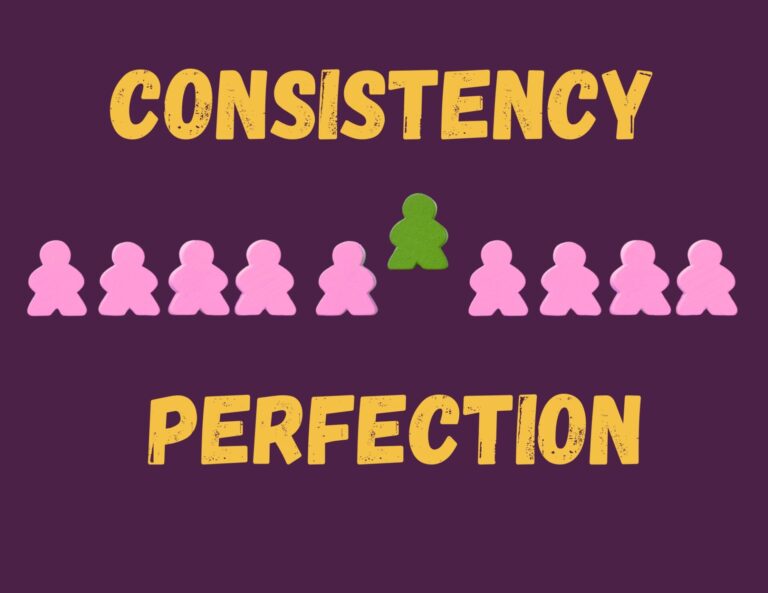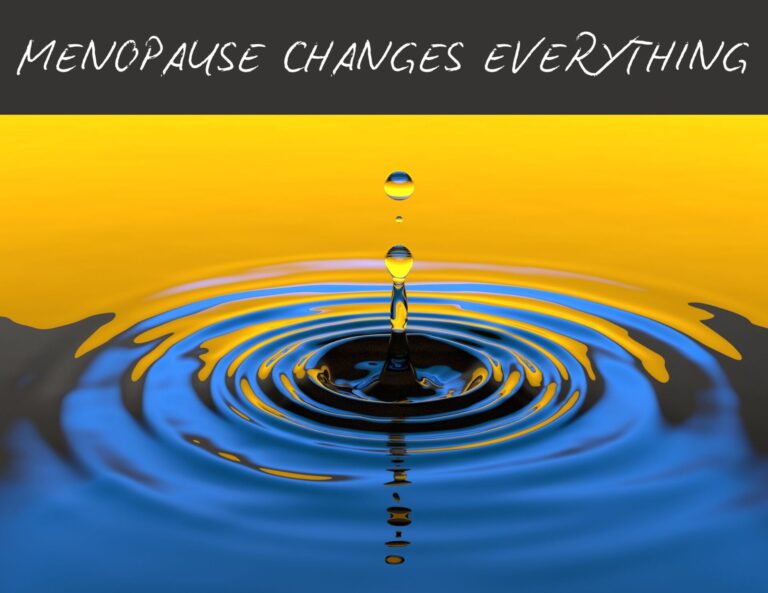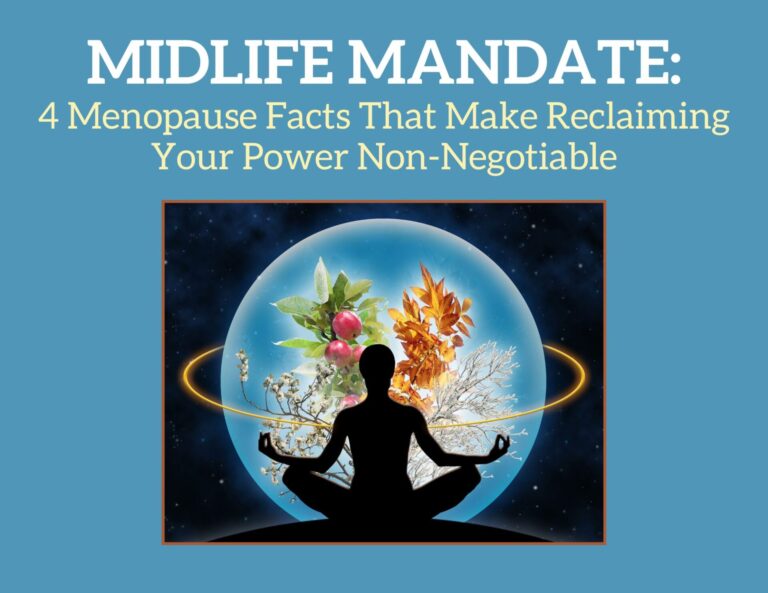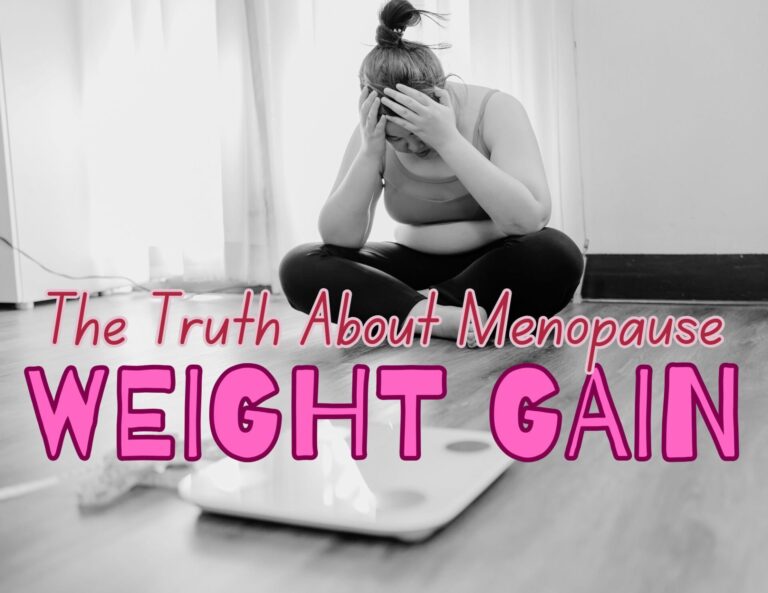This post may contain affiliate links. Read the full disclosure here.
How Fast Can I Lose Weight?
One of the most frequent questions I get asked is How fast can I lose weight? The answer isn’t the same for everyone, because it depends how much you have to lose and what your current habits look like.
In this blog you’ll find information on healthy weight loss and general guidelines on how to lose excess weight at a safe rate. The biggest mistake that lots of people make when trying to lose weight is cutting calories too aggressively. Contrary to what you may have been told, you need to eat to lose weight.
What am I losing when I lose “weight”?
Your total weight is made up of your fat mass and your lean body mass. When people say they want to lose weight, they generally mean they want to lose fat. However, weight loss isn’t solely about fat; it also includes the loss of muscle mass, water weight fluctuations, and reductions in glycogen stores.
Rapid weight loss or extreme measures can lead to the breakdown of connective tissue and, in severe cases, muscle and organ tissue. Therefore, sustainable and healthy weight loss focuses not just on shedding pounds but on preserving muscle mass, maintaining proper hydration, and ensuring overall well-being.
Striving for a balance that prioritizes fat loss while preserving muscle mass and supporting bodily functions is key. By focusing on sustainable lifestyle changes such as balanced nutrition, regular exercise, and adequate hydration, you can embark on a journey towards not just a lighter weight, but a healthier and happier you.
So… What is a safe rate to lose weight?
In order to minimize loss of muscle mass, aim to lose no more than 1-2 pounds per week while engaging in consistent regime of strength training. This will help ensure that the weight you lose comes from fat stores rather than muscle. The CDC says that slow and steady weight loss of 1-2 lbs per week is likely to result in keeping weight off. And after all, isn’t that the goal!
You should be sure to eat enough lean protein (think fish, chicken, low-fat dairy and lentils) to give your body the fuel it needs to maintain your muscle while in a calorie deficit. Aim for 0.8 grams protein per pound of your goal weight (unless otherwise directed by a medical professional or registered dietician). So if you are 175 lbs and your healthy goal weight is 160 lbs, you’d want to consume 128 grams (0.8 * 160) of protein per day.
People with gradual, steady weight loss (about 1 to 2 pounds per week) are more likely to keep the weight off than people who lose weight quickly.
https://www.cdc.gov/healthyweight/losing_weight/index.html
What method should I use to lose weight?
I’m sure you know this, but it’s worth saying again: diet’s don’t work. If you’re doing something “short term” to lose weight quickly but intend to go back to your old ways as soon as you meet your goal, you’re setting yourself up for failure.
Plans that require dramatic shifts in the types of food you eat or don’t eat do not stick and almost always backfire, meaning cause you to gain back what you lost and then some. The best way to lose weight is to adjust your lifestyle in smaller steps (I love the 1% method). Create one new healthy habit, practice it regularly, then stack the next habit on top of it once you have gathered momentum from the first one. Do not make the mistake of giving up all the foods you love. That is just not sustainable (or any fun).
Some healthy ways to approach weight loss are to track your calories (aim for a reduction of about 500 calories per week), ensure a healthy balance of macros and exercise regularly. In addition, consider getting yourself an accountability partner. This can simply be a friend, family member or professional coach who will check in with you and help you track your progress.
Know Thyself
When it comes to weight loss, the most important thing is to really REALLY be honest with yourself about what you need to do and what you are willing to do. Say it out loud with me: “I must make healthy lifestyle changes for my long term health and quality of life“.
Losing weight is the easy part, keeping weight off is the hard part. It requires accepting that you must find new habits, new foods and recognize your triggers. You must accept that you will have some “off track” days and that’s okay and normal! But sustainable change requires monitoring what we’re eating, pulling ourselves out of downward spirals, and being proud of our small victories, both on and off the scale.
Bottom Line
Many dieting programs or online calorie trackers allow you to set a target for how fast you want to lose weight. These programs fall short when it comes to considering all of the important factors, so use them as a guideline only. Start with who knows you and your body the best… YOU!
Begin with a small, realistic goal (maybe 0.5 – 1 lb per week). Be honest about your calorie intake and expenditure, log it in an app of your choice (MyFitnessPal or Cronometer are two well-known easy-to-use apps). Make sure you hit your protein goals. And remember what they say about weight is true “it’s just a number” and no single number tells the whole story. Equally as important to your health is your level of strength, cardiovascular endurance, body fat percentage, waist-to-hip ratio, and your overall outlook on life.
Remember, life is not a destination but a journey. Our health enables us to enjoy this journey so much more. It’s better for us, our loved ones, our emotional well-being, and our pride in our accomplishments.

